Exclusive: Splunk will play a key role in Cisco's AI plans, claims former CEO
Former Splunk CEO Gary Steele, who has continued on at the firm post-acquisition, says the company will play a critical role in Cisco's AI roadmap

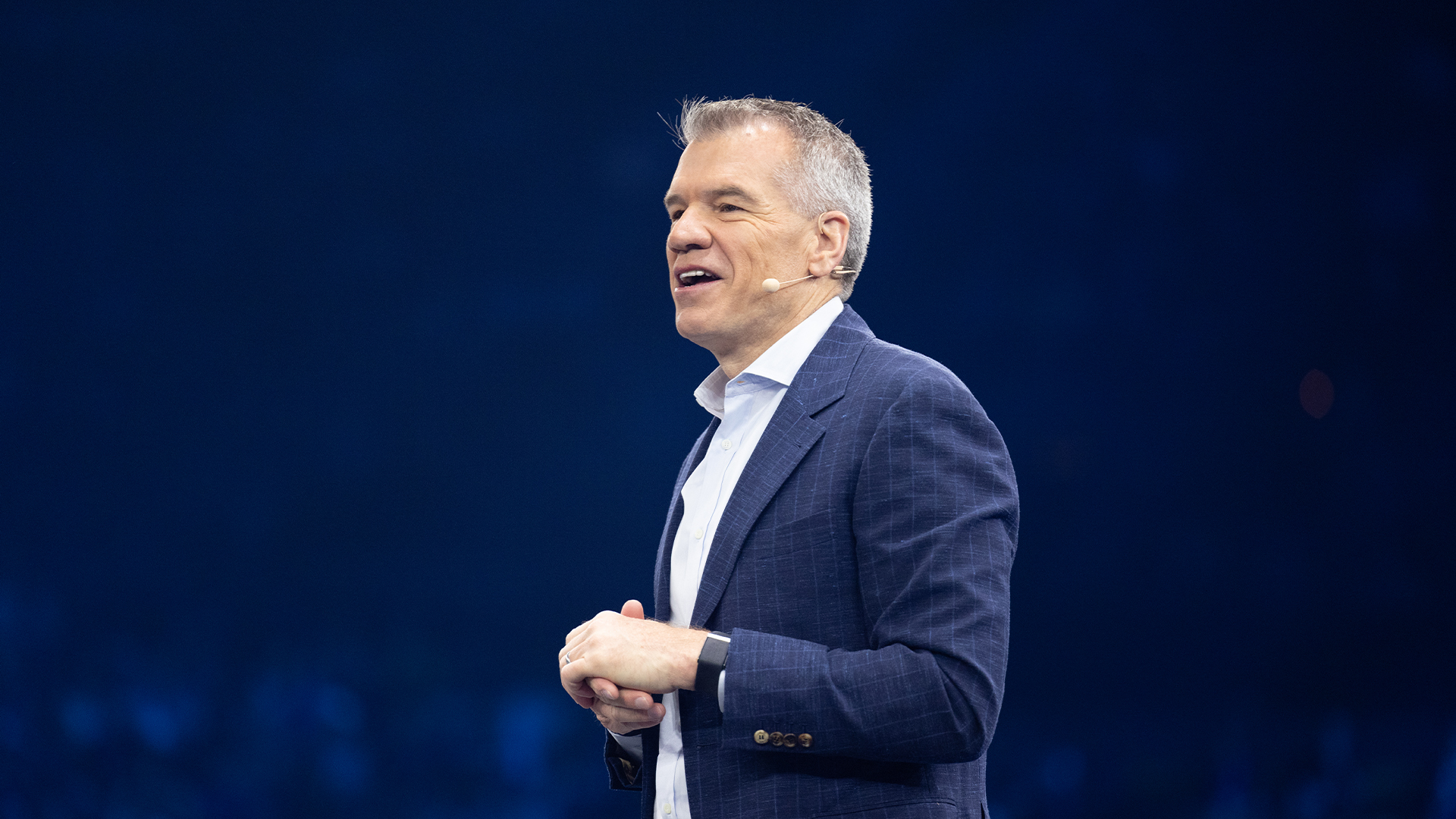
Sign up today and you will receive a free copy of our Future Focus 2025 report - the leading guidance on AI, cybersecurity and other IT challenges as per 700+ senior executives
You are now subscribed
Your newsletter sign-up was successful
Now that Splunk is part of Cisco, the priority is to keep delivering on the tech roadmap while taking advantage of the networking giant’s scale to grow into new markets, according to Splunk boss Gary Steele.
Steele was CEO of Splunk before it was acquired by Cisco – the networking giant’s biggest ever acquisition at $28 billion – and is now responsible for the 7,000-strong Splunk business and serves as Cisco's president for Go-to-Market.
“Where we’ve been focused is continuing on the existing roadmaps that we have in terms of innovation delivery to customers, and the way Cisco had built their integration plan was to have funding available so that we could do integration on top of our existing roadmap,” Steele told ITPro.
“We wanted to maintain our pace of innovation while delivering really important integration capabilities.
“I’ve been describing this as the strong ground game. A lot of times when integration happens people get distracted and nothing gets done and customers get frustrated, and so we’ve taken a lot of lessons from the past and really thought about how to ensure there’s this continuous delivery of critical things that customers care about.”
Steele said that being part of Cisco gives Splunk advantages from a product and technology perspective, plus the ability to grow into new markets.
“With Cisco’s reach in terms of markets we’ve just never been in, we have a tremendous opportunity,” he said. For its part, Splunk brings to Cisco $4.2 billion of annual recurring revenue and a set of customers primarily focused on the global 2,000.
Sign up today and you will receive a free copy of our Future Focus 2025 report - the leading guidance on AI, cybersecurity and other IT challenges as per 700+ senior executives
“We are deeply embedded in those organizations and then we bring this broad platform and engine to process lots of data which, in this world of AI, there’s probably nothing more important than that,” he added.
Splunk has a critical role to play in Cisco's AI roadmap
In terms of technology roadmap, Cisco announced the first early integrations between its products and Splunk’s during the Cisco Live event in Las Vegas.
Steele noted that these integrations will play a key role in delivering impactful solutions for customers, enabling them to maximize the use of internal data and unlock tangible business benefits.
“One of the great things about Splunk is its super easy to get data in and be able to do very rich detailed analytics and all kinds of AI on top of that, and so we’ve made a lot of progress in a really short time, but I feel like the opportunity is out in front of us,” Steele said.
“What you will see is, over the next two years probably, you’ll just see continued incremental delivery of opportunities where we can connect critical technology and deliver better outcomes for customers.”
Steele noted that Splunk and Cisco are already working on “broad data integration across the whole company”, and that this process is expected to take around four quarters.
After which, he expects “pretty much all the critical products” across the company being able to bring in Cisco data to improve enterprise decision making and analytics capabilities.
“And we’re going to be on this journey of AI where you will see better and better AI outcomes starting almost immediately but continuing for several years. There’s a lot happening,” he said.
Every enterprise will need to build some level of AI infrastructure over the next few years – and Cisco hopes to be one of the big winners from the building boom.
Cisco is making a big bet on AI, and Steele also thinks it will have a big impact across business in general.
“I think this is hugely transformational. I don’t think we fully understand the impact or the opportunity yet and I find it interesting because I have a lot of friends that are early-stage entrepreneurs and some of the results they are seeing and some of the things they are working on, it's actually really cool.”
Cisco hopes to capitalize on the generative AI boom
Steel argued that the impact of AI will be different and faster when compared to the last big technology wave, cloud computing. This was a talking point highlighted by Cisco CEO Chuck Robbins during the opening keynote at Cisco Live.
Robbins described the current wave of AI adoption as being like the early days of cloud computing “on steroids”, with companies rapidly accelerating to integrate the technology within operational processes.
“The cloud didn’t unlock the potential that AI will unlock. They are different dimensions. I think the results will happen faster, I think the impact will happen faster, the impact on the bottom line will happen faster,” he said.
Steele, like Robbins, argued that Cisco is well positioned to be a leader in the generative AI race due to its deep, long-standing ties with enterprises globally.
Cisco’s expectation here is that while much of AI is running in the infrastructure of the hyperscalers, over time, enterprises will start running their own AI infrastructure to take advantage of internal data stores more efficiently.
Early adopters are likely to be financial services, automotive, healthcare, and government agencies, he said.
“As we look across the globe, we think every enterprise is going to need some form of AI infrastructure and we are in a very unique position to go and help those customers modernize their infrastructure to go and take advantage of the AI wave.”
Steve Ranger is an award-winning reporter and editor who writes about technology and business. Previously he was the editorial director at ZDNET and the editor of silicon.com.
-
 AWS CEO Matt Garman isn’t convinced AI spells the end of the software industry
AWS CEO Matt Garman isn’t convinced AI spells the end of the software industryNews Software stocks have taken a beating in recent weeks, but AWS CEO Matt Garman has joined Nvidia's Jensen Huang and Databricks CEO Ali Ghodsi in pouring cold water on the AI-fueled hysteria.
-
 Deepfake business risks are growing
Deepfake business risks are growingIn-depth As the risk of being targeted by deepfakes increases, what should businesses be looking out for?
-
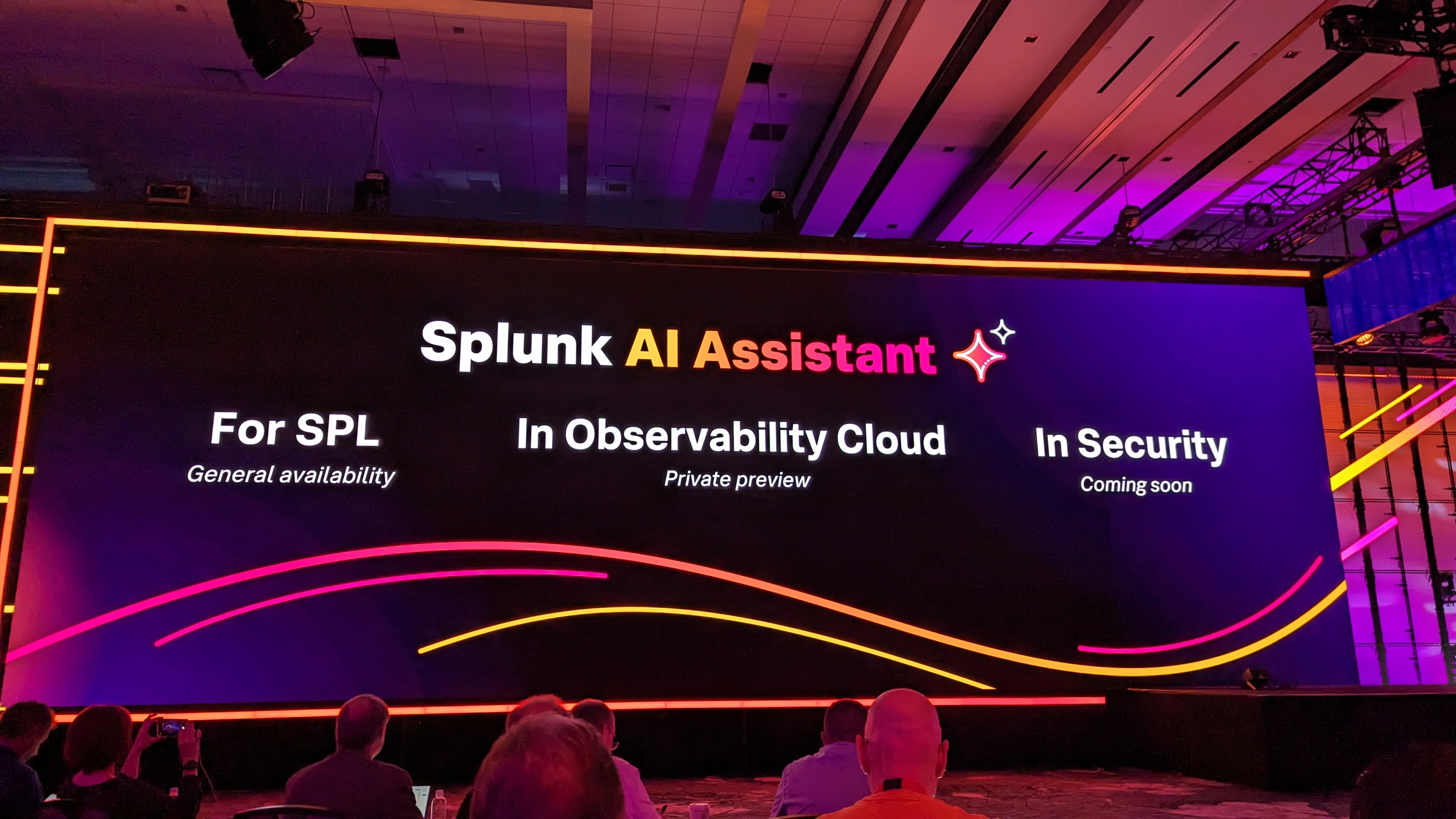 Splunk expands its AI Assistant in observability, security push
Splunk expands its AI Assistant in observability, security pushNews Hailing its domain-centric and customizable approach to AI automation, Splunk has also emphasized its integration within Cisco as a boost for customer context
-
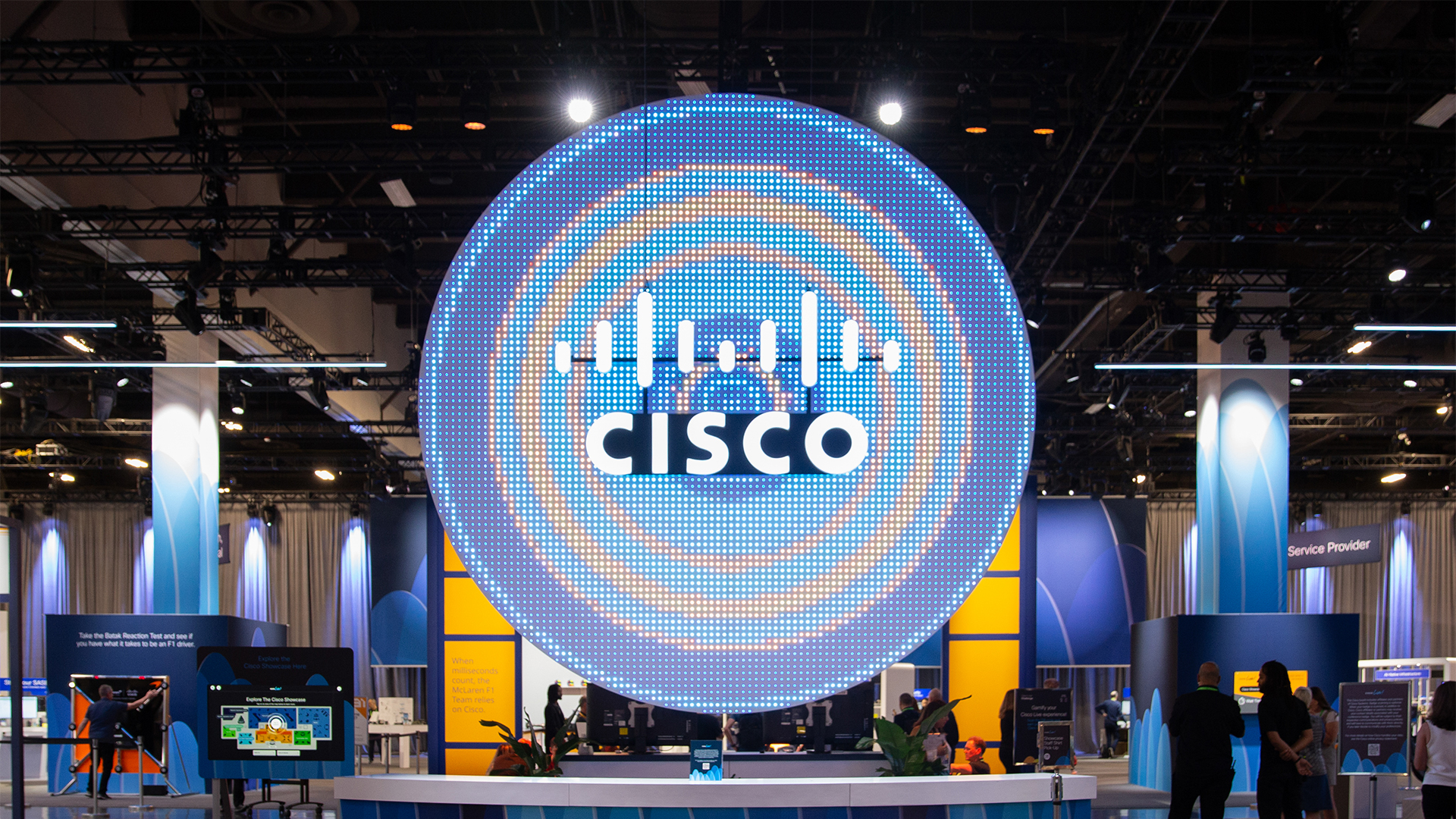 Why AI matters so much for where Cisco goes next
Why AI matters so much for where Cisco goes nextAnalysis Cisco has big plans for AI and is building a new strategy to match
-
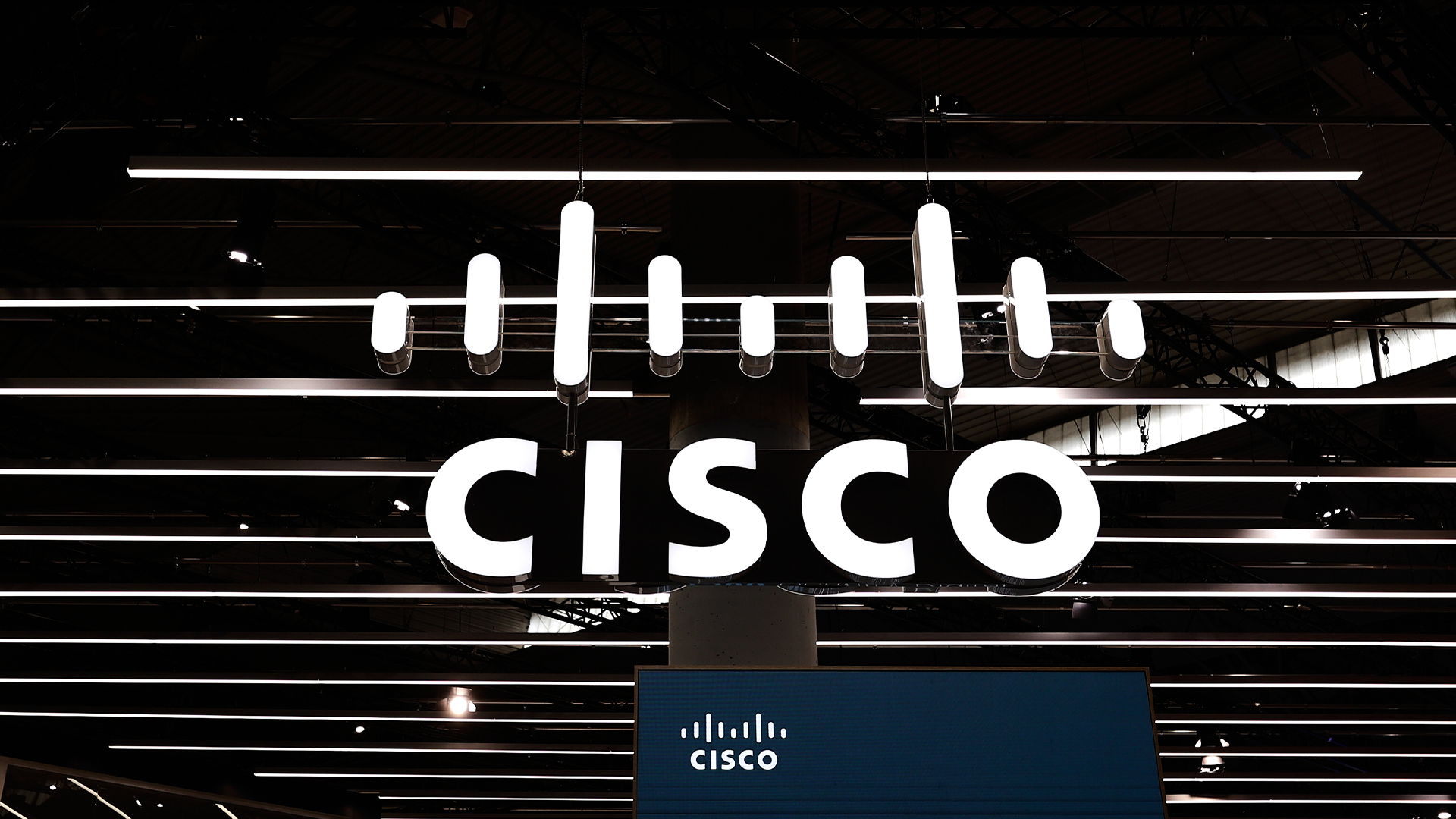 Cisco just launched a $1 billion investment fund for AI startups — and it's already backing Mistral, Cohere, and Scale AI
Cisco just launched a $1 billion investment fund for AI startups — and it's already backing Mistral, Cohere, and Scale AINews Cisco is flexing its muscles in the generative AI space in a bid to help enterprise customers deploy their own AI
-
 Cisco EVP: AI cyber security robs attackers of their advantage
Cisco EVP: AI cyber security robs attackers of their advantageIn-depth As AI is combined with business data, it could put security teams on the front foot
-
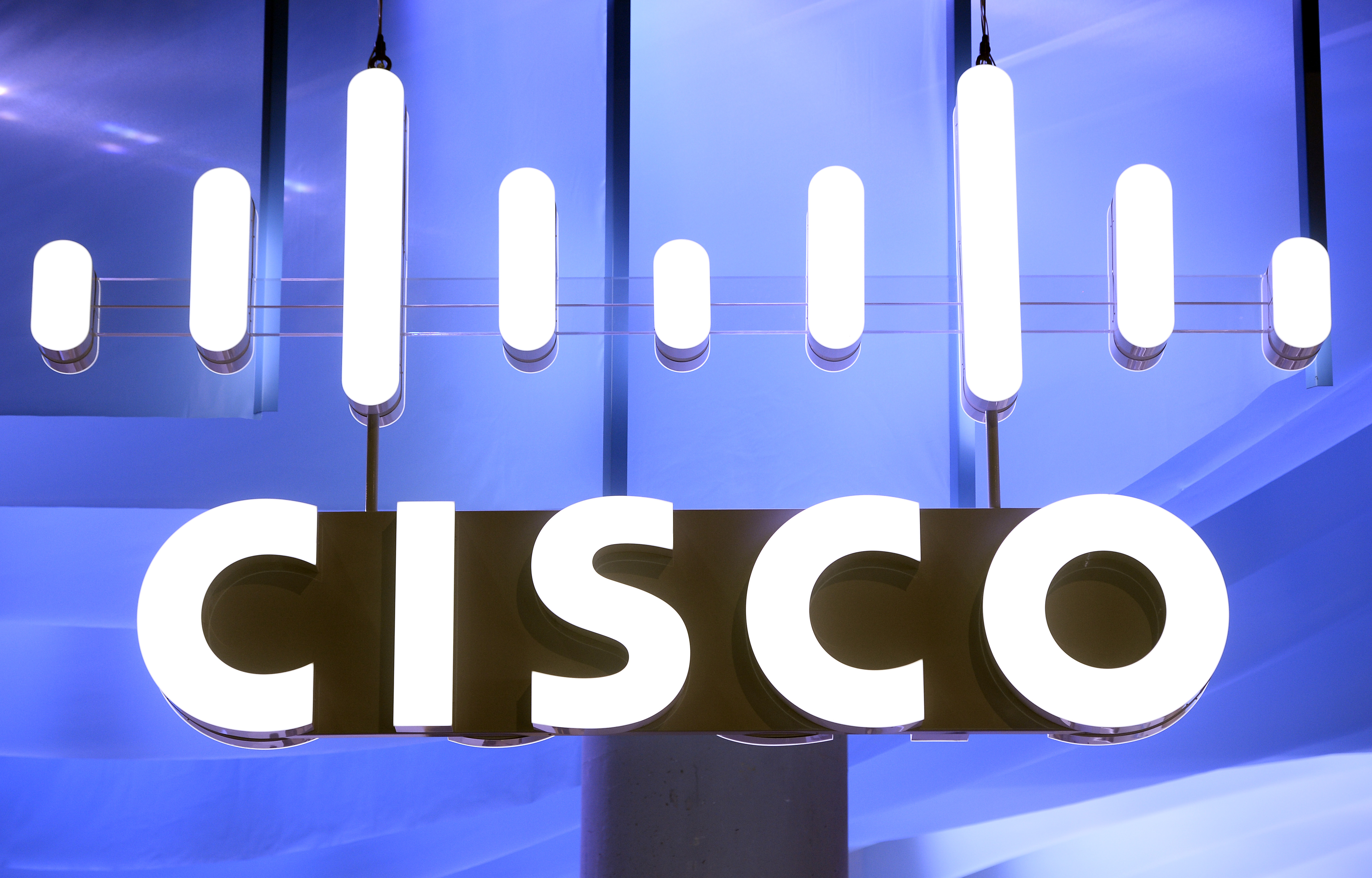 Cisco lifts lid on new AI strategy and assistant for Webex
Cisco lifts lid on new AI strategy and assistant for WebexNews Networking specialist says its new AI-fuelled approach to Webex will boost quality of online communications
-
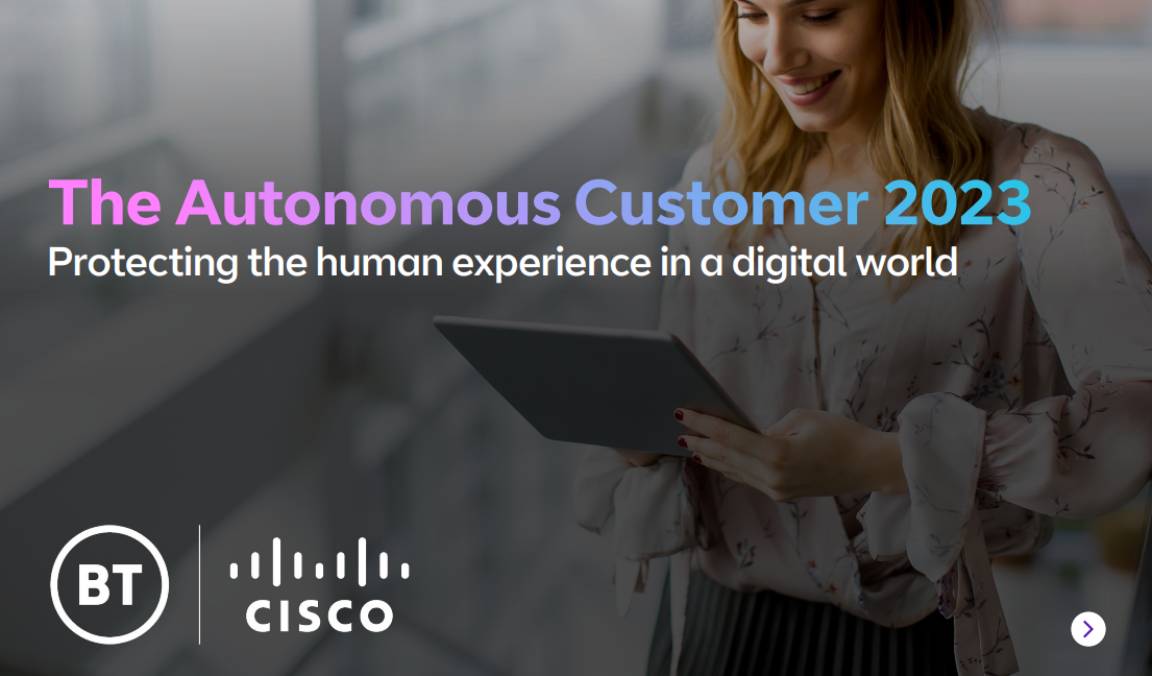 The autonomous customer 2023
The autonomous customer 2023whitepaper Protecting the human experience in a digital world
-
 Cisco bolsters Webex for the hybrid workforce
Cisco bolsters Webex for the hybrid workforceNews The major update includes an end-to-end events platform, speech optimisation and data-loss prevention
-
 Cisco WebEx will use voice tools to exploit ‘next frontier’ of data insights
Cisco WebEx will use voice tools to exploit ‘next frontier’ of data insightsNews Translation and transcription tools being introduced are supported by AI and machine learning
